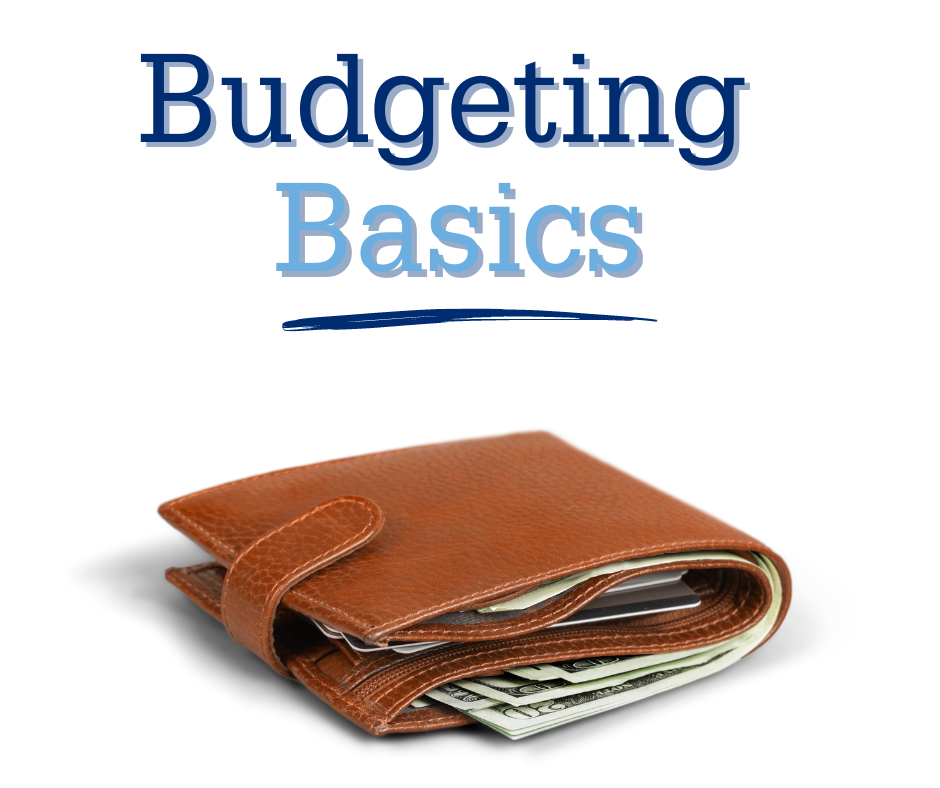04/11/2023: Budgeting Basics
Budgeting Basics: Tips and Tools for Creating a Budget That Works for You
Creating and sticking to a budget can be a daunting task, but it’s an essential step toward achieving financial stability and meeting your financial goals. At R Bank, we understand the importance of budgeting and are here to help you get started.
What is a Budget?
A budget is a financial plan that outlines your income and expenses for a specific period, usually a month. By creating a budget, you can track your spending and identify areas where you can cut back to save money.
Tips for Creating a Budget
- Determine Your Income: The first step in creating a budget is to determine your monthly income. This includes your salary, any bonuses or commissions, and any other sources of income.
- List Your Expenses: Next, list all of your monthly expenses. This includes fixed expenses like rent or mortgage payments, car payments, insurance, and utilities, as well as variable expenses like groceries, entertainment, and dining out.
- Categorize Your Expenses: Categorize your expenses into essential and non-essential categories. Essential expenses are those that you must pay to maintain your basic needs, such as housing, food, and transportation. Non-essential expenses are those that are not necessary for your basic needs, such as entertainment and dining out.
- Create a Spending Plan: Based on your income and expenses, create a spending plan that allows you to meet your financial goals. If your expenses exceed your income, look for areas where you can cut back.
- Track Your Spending: Once you have created a budget, track your spending to ensure that you are sticking to your plan. This can be done using a spreadsheet or a budgeting app.
Tools for Budgeting
There are many tools available to help you create and track your budget. Here are some of the most popular options:
- Spreadsheet: A spreadsheet is a simple and effective way to create and track your budget. Microsoft Excel and Google Sheets are two popular options.
- Budgeting App: There are many budgeting apps available, such as Mint and Personal Capital, that allow you to track your spending and monitor your budget.
- Envelope Method: The envelope method involves putting cash into envelopes for each category of spending. Once the cash in the envelope is gone, you know you have reached your spending limit.
Benefits of Budgeting
Creating and sticking to a budget can have many benefits, including:
- Saving Money: By tracking your spending and identifying areas where you can cut back, you can save money and put it towards your financial goals.
- Reducing Stress: Knowing where your money is going and having a plan can reduce financial stress and anxiety.
- Achieving Financial Goals: By creating a budget and sticking to it, you can achieve your financial goals, such as paying off debt or saving for a down payment on a house.
Creating and sticking to a budget can be challenging, but it’s an essential step toward achieving financial stability and meeting your financial goals. At our R Bank, we are here to help you get started with budgeting basics. By following these tips and using the tools available, you can create a budget that works for you and helps you achieve your financial goals.




